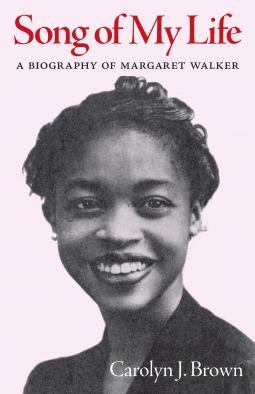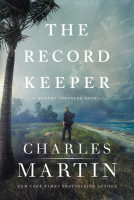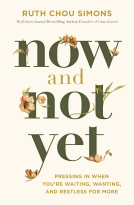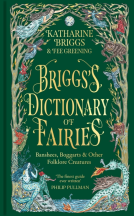
Song of My Life
A Biography of Margaret Walker
by Carolyn Brown
This title was previously available on NetGalley and is now archived.
Send NetGalley books directly to your Kindle or Kindle app
1
To read on a Kindle or Kindle app, please add kindle@netgalley.com as an approved email address to receive files in your Amazon account. Click here for step-by-step instructions.
2
Also find your Kindle email address within your Amazon account, and enter it here.
Pub Date Nov 04 2014 | Archive Date Feb 16 2016
Description
The first biography of the much admired author of the novel Jubilee and the poem “For My People”
Margaret Walker (1915–1998) has been described as “the most famous person nobody knows.” This is a shocking oversight of an award-winning poet, novelist, essayist, educator, and activist as well as friend and mentor to many prominent African American writers. Song of My Life reintroduces Margaret Walker to readers by telling her story, one that many can relate to as she overcame certain obstacles related to race, gender, and poverty.
Walker was born in 1915 in Birmingham, Alabama, to two parents who prized education above all else. Obtaining that education was not easy for either her parents or herself, but Walker went on to earn both her master’s and doctorate. from the University of Iowa. Walker’s journey to become a nationally known writer and educator is an incredible story of hard work and perseverance. Her years as a public figure connected her to Richard Wright, Langston Hughes, Alex Haley, and a host of other important literary and historical figures.
This biography opens with her family and those who inspired her—her parents, her grandmother, her most important teachers and mentors—all significant influences on her reading and writing life. Chapters trace her path over the course of the twentieth century as she travels to Chicago and becomes a member of the South Side Writers’ Group with Richard Wright. Then she is accepted into the newly created Masters of Fine Arts Program at the University of Iowa. Back in the South, she pursued and achieved her dream of becoming a writer and college educator as well as wife and mother. Walker struggled to support herself, her sister, and later her husband and children, but she overcame financial hardships, prejudice, and gender bias and achieved great success. She penned the acclaimed novel Jubilee, received numerous lifetime achievement awards, and was a beloved faculty member for three decades at Jackson State University in Jackson, Mississippi.
Carolyn J. Brown, Jackson, Mississippi, is a writer, editor, and independent scholar. She is the author of A Daring Life: A Biography of Eudora Welty and has taught at Elon University, the University of North Carolina–Greensboro, and Millsaps College.
Marketing Plan
No Marketing Info Available
No Marketing Info Available
Available Editions
| EDITION | Hardcover |
| ISBN | 9781628461473 |
| PRICE | $20.00 (USD) |


















